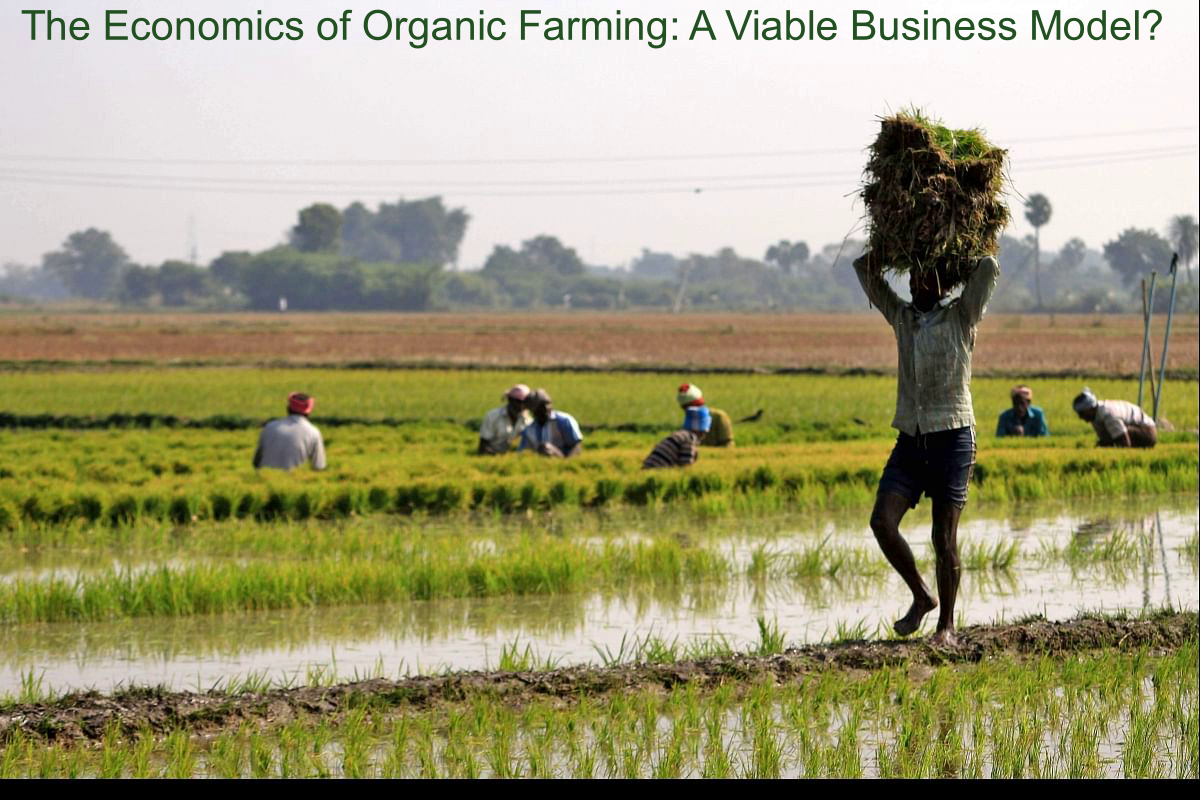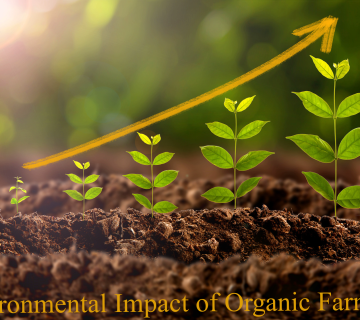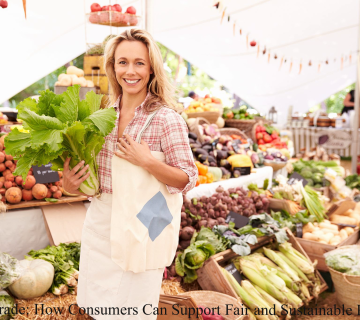Organic farming has been gaining popularity over the years as people have become more aware of the benefits it provides to both human health and the environment. This awareness has contributed to the growth of the organic farming industry. Nevertheless, one of the questions that is frequently asked is whether or not organic farming is a sustainable economic model. This article’s purpose is to investigate the economics of organic farming and to offer some insights into the lucrative potential of this practice.

To begin, it is essential to bring to your attention that it is possible for organic farming to require a greater amount of labor than conventional farming. When it comes to weed and pest control, organic farmers are frequently forced to rely on manual labor, whereas conventional farmers are able to achieve the same results through the use of synthetic chemicals. Because of this, organic farmers often face higher production costs because they have to pay for more labor than conventional farmers do.
On the other hand, organic farmers have the potential to earn a premium price for their produce. Organic products typically command a higher price than conventionally grown products because consumers are willing to pay more for the additional benefits organic products offer to their health and the environment. In addition, organic farming has the potential to lower input costs over the long term. This is because organic farming improves soil health, which in turn reduces the requirement for synthetic fertilizers and pesticides.
In addition, governments in many different countries around the world provide financial incentives for organic farming in the form of subsidies and tax breaks. These incentives may assist in offsetting the additional costs associated with organic farming, thereby making it a more financially viable business model.

The results are all over the place when it comes to profitability. According to the findings of a study conducted by the Rodale Institute, organic farming has the potential to be more profitable than conventional farming. The Rodale Institute found that organic corn and soybean yields are comparable to or even higher than conventional yields. However, the level of profitability will change depending not only on the type of crop grown but also on the demand of the market and the size of the farm.
The process of obtaining organic certification is yet another element that has the potential to influence the profitability of organic farming. Farmers are required to go through a certification process, which can be both time-consuming and costly. This is done so that the products they sell can be labeled as organic. Smaller farmers often lack the resources necessary to complete the certification process, which makes the cost of certification a potential obstacle for them to overcome.
organic farming, despite having the potential to be more costly and labor intensive than conventional farming, has the potential to be more profitable in certain circumstances. Organic farming may be profitable due to a combination of factors including premium prices, financial incentives from the government, and lower input costs. However, the amount of money that can be made from a farm can change significantly depending on the crop, the demand in the market, and the size of the farm. Organic farming is likely going to become an increasingly viable business model in the future as the demand from consumers for organic products continues to grow.





No comment